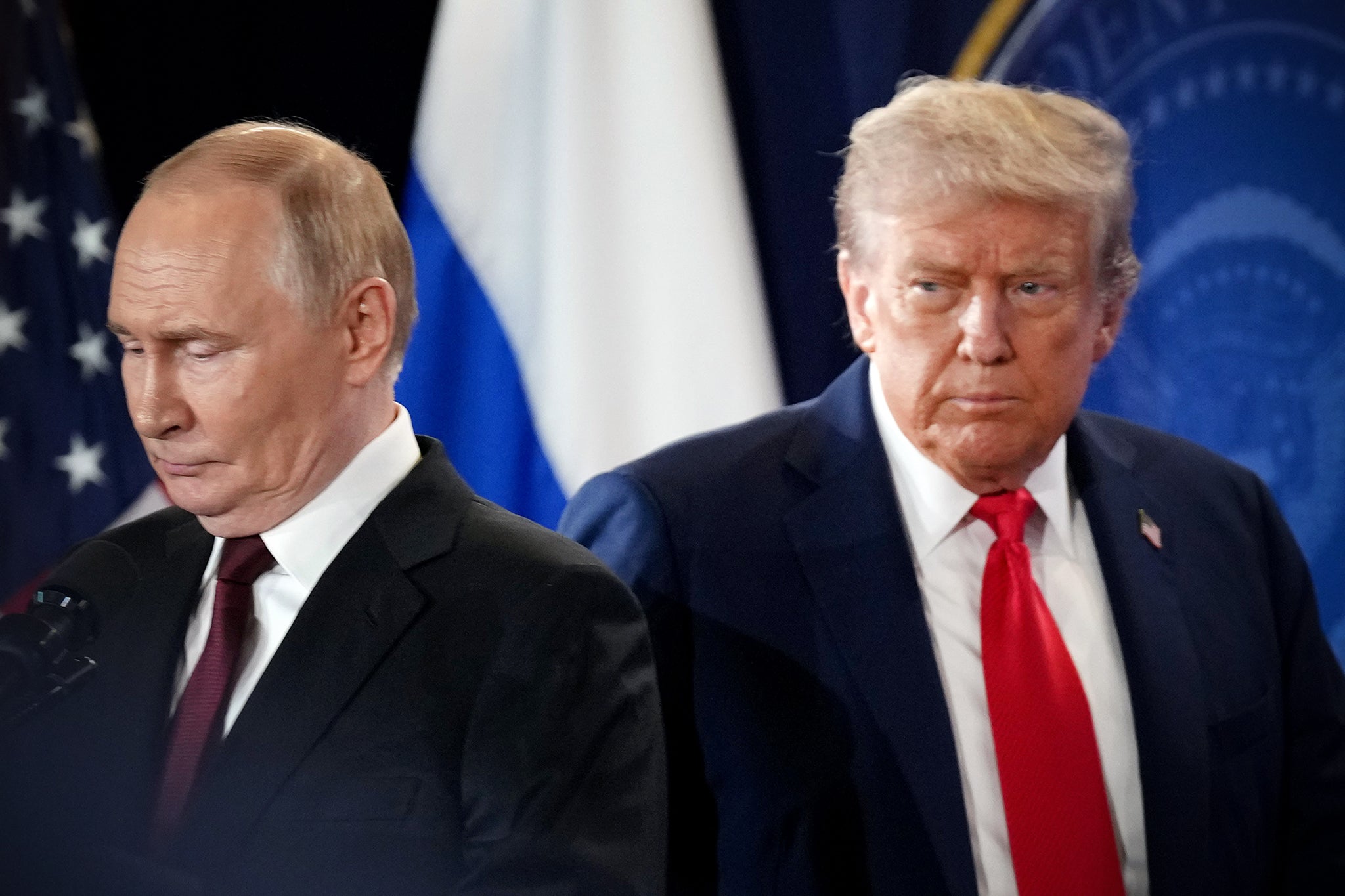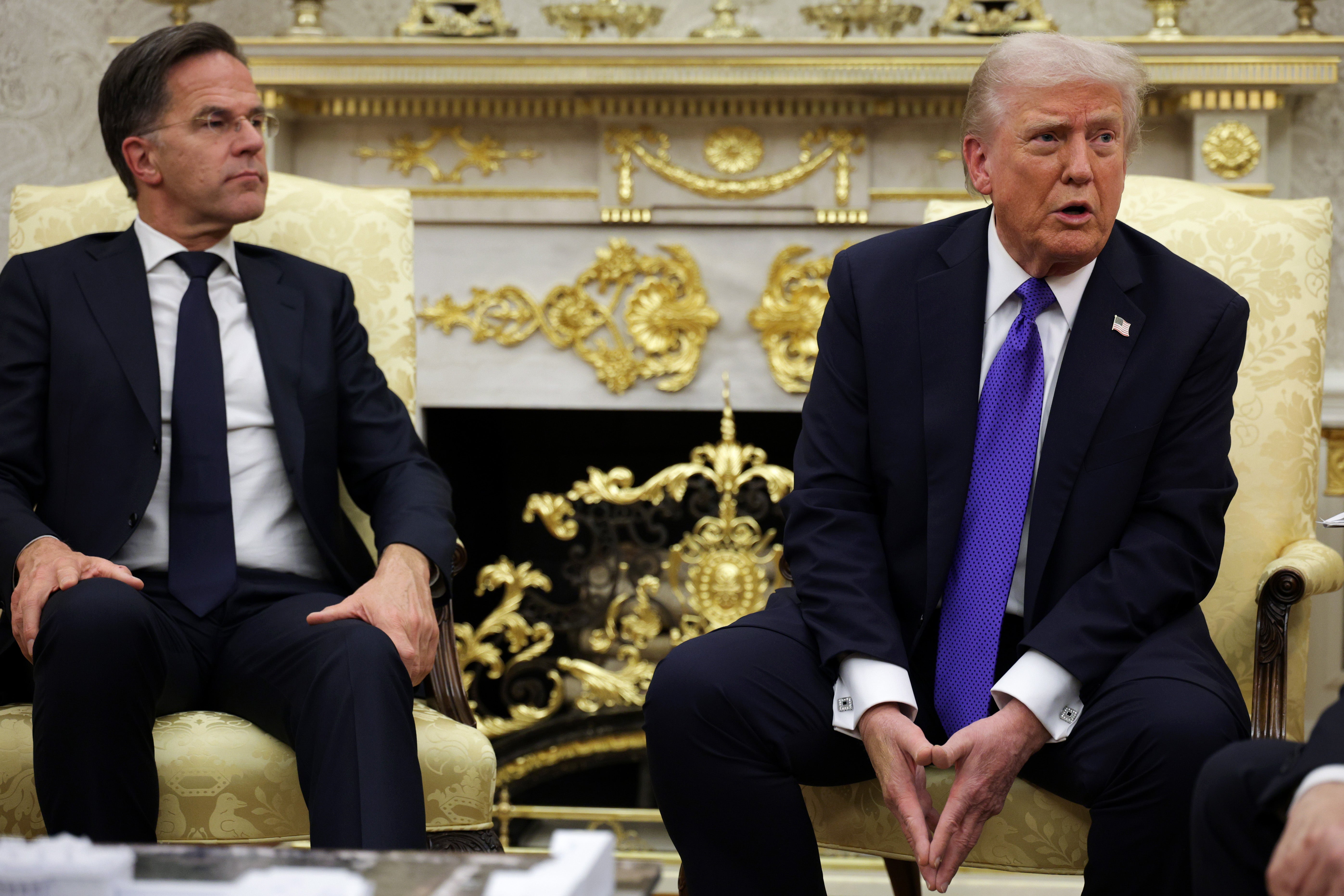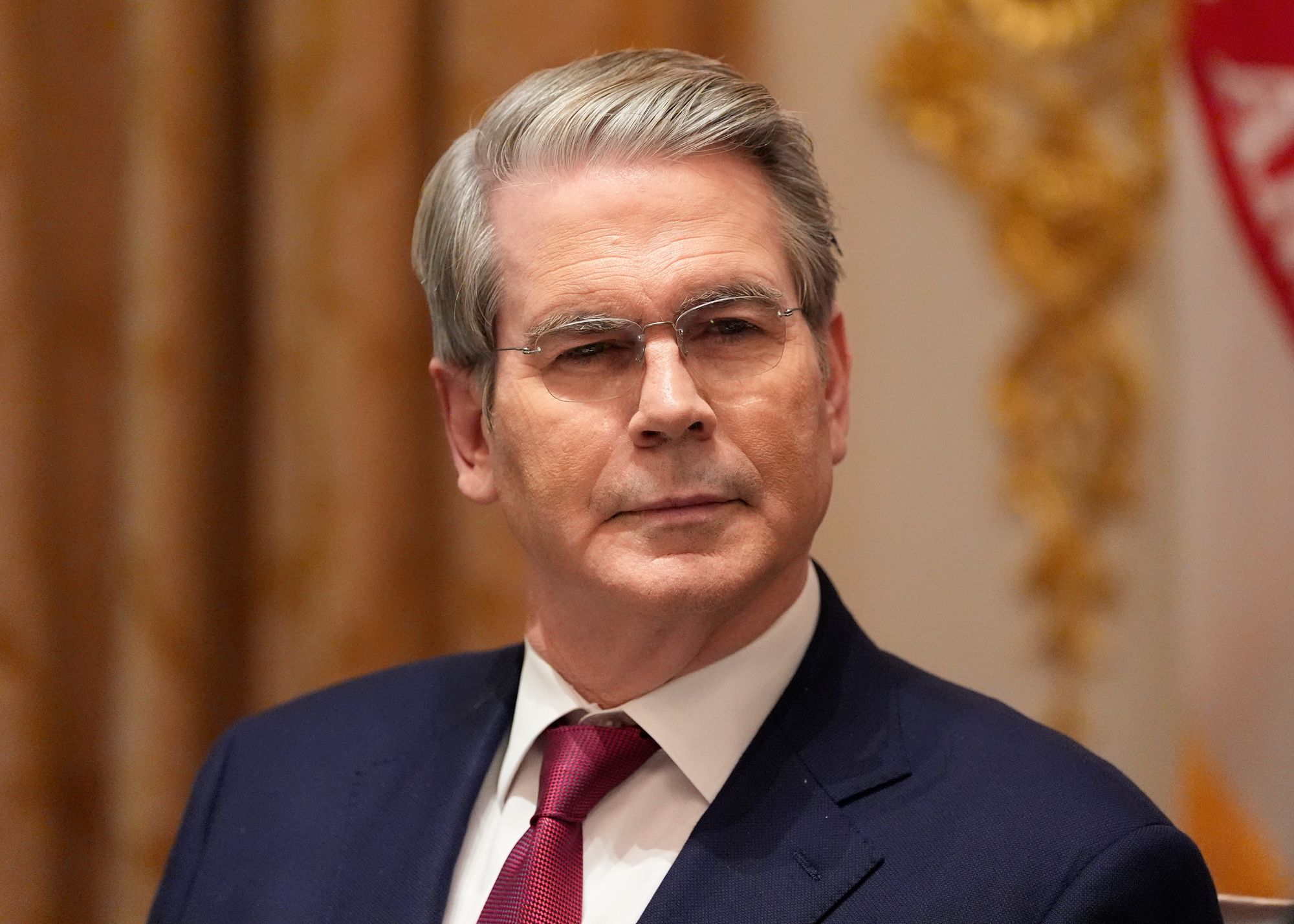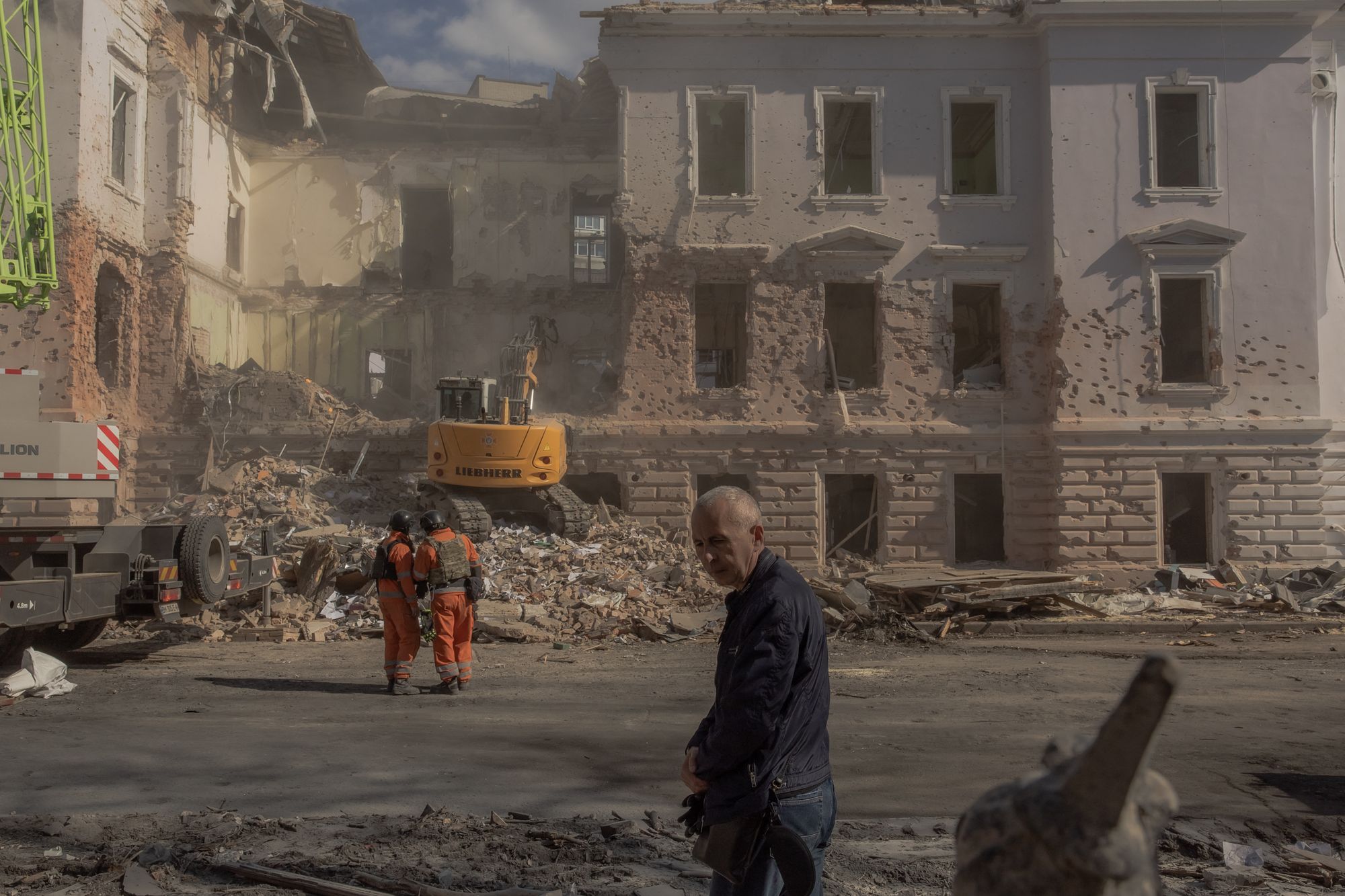The Trump administration has unleashed harsh new sanctions against Russia as President Donald Trump’s push for talks to bring about an end to Moscow’s nearly four-year-old war against Ukraine appears to be at a standstill.
The Treasury Department on Wednesday said it was sanctioning Rosneft and Lukoil, Russia’s two largest petroleum-producing companies, as part of an effort to take aim at the energy sector that Moscow has used to fund its war effort since invading Ukraine in February 2022.
The department said the new sanctions were “a result of Russia’s lack of serious commitment to a peace process to end the war in Ukraine” and were meant to “increase pressure on Russia’s energy sector and degrade the Kremlin’s ability to raise revenue for its war machine and support its weakened economy.”
In a statement, Treasury Secretary Scott Bessent said it was now “the time to stop the killing and for an immediate ceasefire” and pledged to take “further action if necessary to support President Trump’s effort to end yet another war”, while calling on American allies to join the U.S. effort by adhering to the new sanctions.
He also said the sanctions were due to Russian President Vladimir Putin’s “refusal to end this senseless war.”

Bessent made the comments as NATO Secretary General Mark Rutte arrived at the White House for a sit-down with Trump.
As he sat next to Rutte in the Oval Office, the president told reporters that he “just felt it was time” for new sanctions against Moscow, and that it was “a very big day” in the American effort to support Ukraine.
“These are very big, those are against big oil companies, and we hope that they won’t be on for long,” he said.
Trump added that he hoped there would be a settlement to the long-running war “soon,” and said he would prefer that both parties “just take the line that has been formed over quite a long period of time and go.”
Asked if he thought the new sanctions would have an impact, Trump replied that he believed they “certainly” would.


“They’re massive sanctions, sanctions on oil — the two biggest oil companies, the biggest in the world, but they’re Russian. They do a lot of oil, and hopefully it’ll push, hopefully he [Putin] will become reasonable, and hopefully Zelensky will be reasonable too,” he said.
News of the fresh sanctions comes just one day after the White House walked back Trump’s prior claim that he would meet with Russian President Vladimir Putin in Budapest in the coming weeks.
A White House official told The Independent on Tuesday that there were “no plans” for a sit-down between Trump and Putin “in the immediate future” because Secretary of State Marco Rubio had conducted a “productive call” with his Russian counterpart, Foreign Minister Sergey Lavrov, which made an in-person meeting between the two top diplomats “not necessary.”
Trump later told reporters at a Diwali celebration late Tuesday that he did not want to have “a wasted meeting” or “a waste of time” but did not rule out a meeting in the future.
“We’ll see what happens,” he said, adding later that there could be updates on a possible sit-down in “the next two days.”
Just days earlier, Trump had touted a similarly “productive” call with Putin ahead of last Friday’s White House meeting with Ukrainian President Volodymyr Zelensky, after which he wrote on Truth Social that he and Putin would meet in the Hungarian capital in hopes of finding a way to “bring this inglorious war … to an end.”

But, according to administration officials, it was decided to scrap the planned meeting between Rubio and Lavrov — and the summit between Trump and Putin that was to follow — after it became clear that Russia would not agree to give up its insistence that any ceasefire agreement with Kyiv give Moscow the entirety of Ukraine’s Donbas region, even though that area is still very much contested between the two countries’ armies.
Bessent’s tease of new sanctions came alongside moves by the Senate to advance a series of anti-Russia measures, with the upper chamber’s Foreign Relations Committee on Wednesday approving a series of bills aimed at disrupting Russia’s ties to China and speeding up efforts to use frozen Russian assets to fund Ukraine’s defense.
The panel passed the measures on a bipartisan basis, with Ranking Member Jeanne Shaheen calling the development “a clear sign that Congress is ready and willing to act” by holding Putin accountable by legislation if Trump refuses to take action.
“I’m glad President Trump cancelled his proposed summit with Putin — it never should have been scheduled in the first place without a ceasefire in place. But words aren’t enough. Now is the time to act,” she said.

